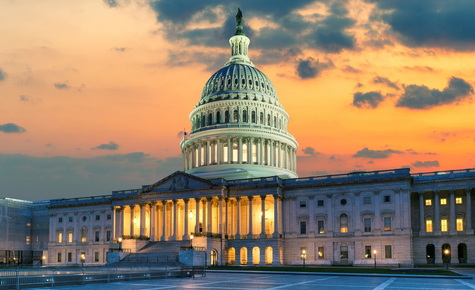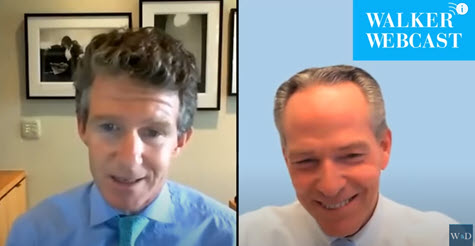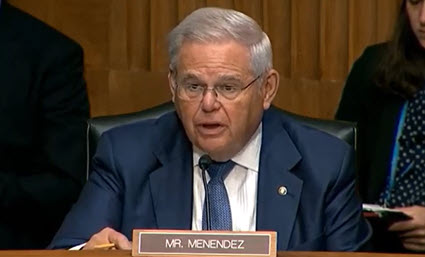Members of a bipartisan group of senators working on a $579 billion “physical” infrastructure proposal said Thursday that final details may be announced as early as July 26, after a procedural vote in the Senate earlier this week failed to allow debate on the evolving measure. (Bloomberg, July 22)
Bipartisan Deal
Reconciliation

Infrastructure Investment Analysis
CRE & Infrastructure

Fish also commented on The Roundtable’s role in Washington and the importance of CRE industry leadership in the climate change debate. He emphasized that the vast majority of US buildings were constructed in the last century — and that with 40% of US energy use attributable to owners, tenants, and other occupants of residential and commercial structures, now is the opportune time for the industry to reimagine its positive role for future generations. (See 34:45 in the Walker Webcast)
# # #

Senate lawmakers heard testimony yesterday about the importance of establishing a federal pandemic risk / business continuity insurance program during a hearing entitled “Examining Frameworks to Address Future Pandemic Risk.” (See webcast and witness statements).
Public-Private Backstop
Roundtable & Coalition Efforts
Both Senate and House subcommittees played important role in the seven-year extension of the Terrorism Risk Insurance Program (TRIP) enacted in 2020. (Roundtable Weekly, Dec. 13 and Dec. 20, 2019)
# # #
Senate Finance Committee Chairman Ron Wyden (D-OR), above, unveiled new legislation this week that would phase out the 20-percent pass-through business income deduction for taxpayers earning more than $400 thousand a year. (CNBC, July 21 and Wyden news release, July 20)
Why It Matters
Roundtable Response
President Biden proposed phasing out the Section 199A deduction for qualified business income above $400,000 during his presidential campaign. However, that proposal was not included in his Build Back Better agenda released earlier this year or his formal budget proposal. (Tax Notes, July 21)
# # #